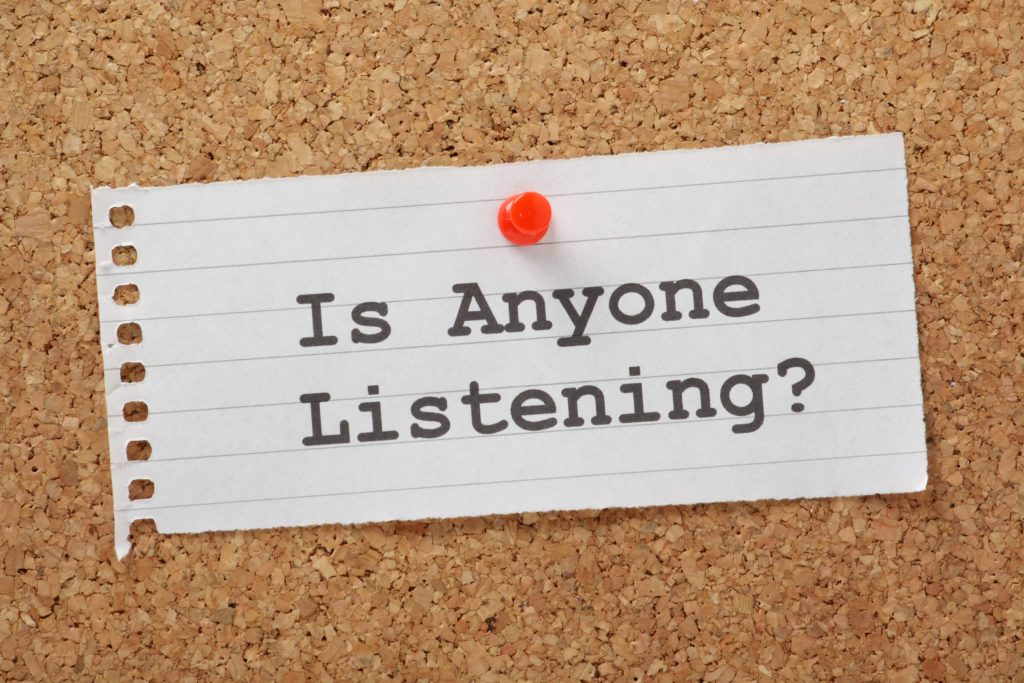 Are you a good listener? I’ve recently been exploring how to be a good listener, and some of what I’ve found has surprised me.
Are you a good listener? I’ve recently been exploring how to be a good listener, and some of what I’ve found has surprised me.
Most of us would say we are, but when people talk, do you really listen?
Chuck Palahniuk, the author of the book Fight Club says, “People don’t listen, they just wait for their turn to talk.”
How to know when people aren’t listening to you
Certainly, we’re all familiar with talking to somebody that we know isn’t really listening to us. Their body language shows it. That person may be:-
- Fidgeting
- Looking past you
- Easily distracted by other people or activity
- Keep interrupting you with points unrelated to what you’re saying
.
When you realise somebody isn’t listening to you, how does that make you feel? Irritated? Frustrated? At best you don’t feel as connected with the person you’re talking to as you would if they were listening to you, and you may even resent them for not listening.
Do you do any of the above when somebody is talking to you? If so, what impact might you be having on that person?
Now, I’ll ask you again — are you a good listener?
Experimenting with active listening
I recently attended a workshop put together by my friend Jacqueline Hollows. One of the exercises was for two people to sit facing each other and for one person to talk for five minutes with the other person listening. Not interrupting. Not commenting. Just listening. Simple, right?
Most of us trying this exercise didn’t find it as simple as it sounds! Firstly, when you are intentionally listening to somebody, you become aware of all the times you instinctively go to interrupt them with agreeable words and murmurs which you think indicates you’re listening.
Secondly, you become aware of how easily distracted you are. I found that my focus wasn’t on what the person I was supposed to be listening to was saying, but on other conversations in the same room.
Thirdly, you become acutely aware of how much you actually distract yourself from listening by thinking of valuable information you want to share with the person who is talking. Information, advice, your own stories that relate to what you’re saying. All of these thoughts pop into your head and distract you from what the person is saying — and let’s be honest, for most of us, provide the ideal excuse for us to actually interrupt the person so we can “help” them with our feedback.
That five-minute experiment in active listening was a revelation to me! As somebody who coaches business leaders for a living, I’d always considered myself a good listener. Now, I was starting to doubt myself!
Being actively listened to
We then tried the experiment again, swapping the roles of the listener and the talker. Now I was the one talking and being listened to.
When you’re being actively listened to, you really can tell!
- The other person pays attention, giving you their undivided attention.
- They don’t interrupt you, yet their body language tells you they are listening to what you’re saying.
- You feel acknowledged and as a result, feel respect towards the other person.
In short, you feel very positive about the other person, and all because they focused on you for just five minutes.
Interestingly, we also found that the person being listened to could sometimes feel uncomfortable. Why? My guess is that because it’s so unusual for people to actively listen to one another nowadays that when it happens, it’s remarkable and takes us back a little.
How to be a good listener
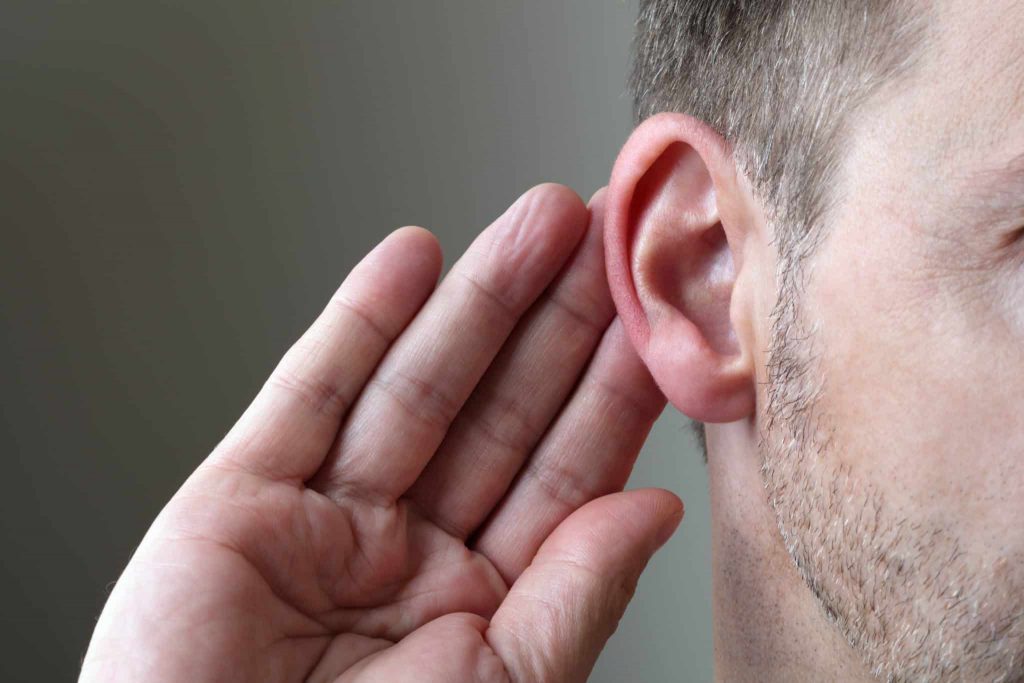
I initially experienced the same struggles as before. I was distracted by other conversations in the room. I felt compelled to interrupt the other person with feedback and helpful advice. But then I found myself focusing on the other person. When a thought about what the other person was saying came into my head, I didn’t try to keep hold of that thought — I let it go. I didn’t try to remember it and wait for a pause in the conversation to share with them, I let it pass. I intentionally focused on what the other person was saying and listened.
I realised that when we are listening, thoughts pop into our head. Feedback, ideas and stories that we believe that when shared with the other person will help them. We often keep hold of those thoughts as the other person speaks, waiting for an opportunity — such as the other person to finish speaking, or even pausing to take a breath! — to share with them. As a result, we’re focused on holding those thoughts rather than on actively listening.
What I realised that was by letting those thoughts go, I could be a better listener. It wasn’t a case of suppressing those thoughts (you can’t stop yourself thinking!) but rather acknowledging them and then refocusing on the person speaking again. You may, and probably, will need to repeat this process lots of times while listening. You are, in effect, deferring the feedback and judgement on the conversation until the end.
Listening isn’t waiting to offer feedback
Surprisingly, I’ve since found that often, actively listening to somebody is enough. Sometimes, the person speaking doesn’t want advice or feedback, they just want to be listened to! All those thoughts you have when listening — thoughts of advice, guidance and stories — weren’t needed! Those observations and advice you wanted to remember until you had an opportunity to share were for your benefit, not for theirs.
5 Ways to Listen Better
If you’re interested in hearing more about becoming a better listener, here’s a great video from Julian Treasure with a TED talk on 5 ways to listen better. It’s well worth a listen!
Conclusion
Are you a good listener? Most of us really aren’t good listeners — we play with our phones while talking to our partners, we glance at the TV while listening to our children, and we look around the room while people talk to us at events. Or worse, we simply interrupt the person speaking to talk over them.
Other people certainly notice this behaviour and it doesn’t endear us to them.
Even if you give someone else your attention while they are talking, we’re often distracted by thoughts on how we can respond.
I thought I was a good listener, but I’m realising that active listening is a real skill that very few people have. In an age where our attention is incredibly hard to earn and even more difficult to keep, how valuable can you make yourself to others by giving them your attention and learning how to be a good listener?

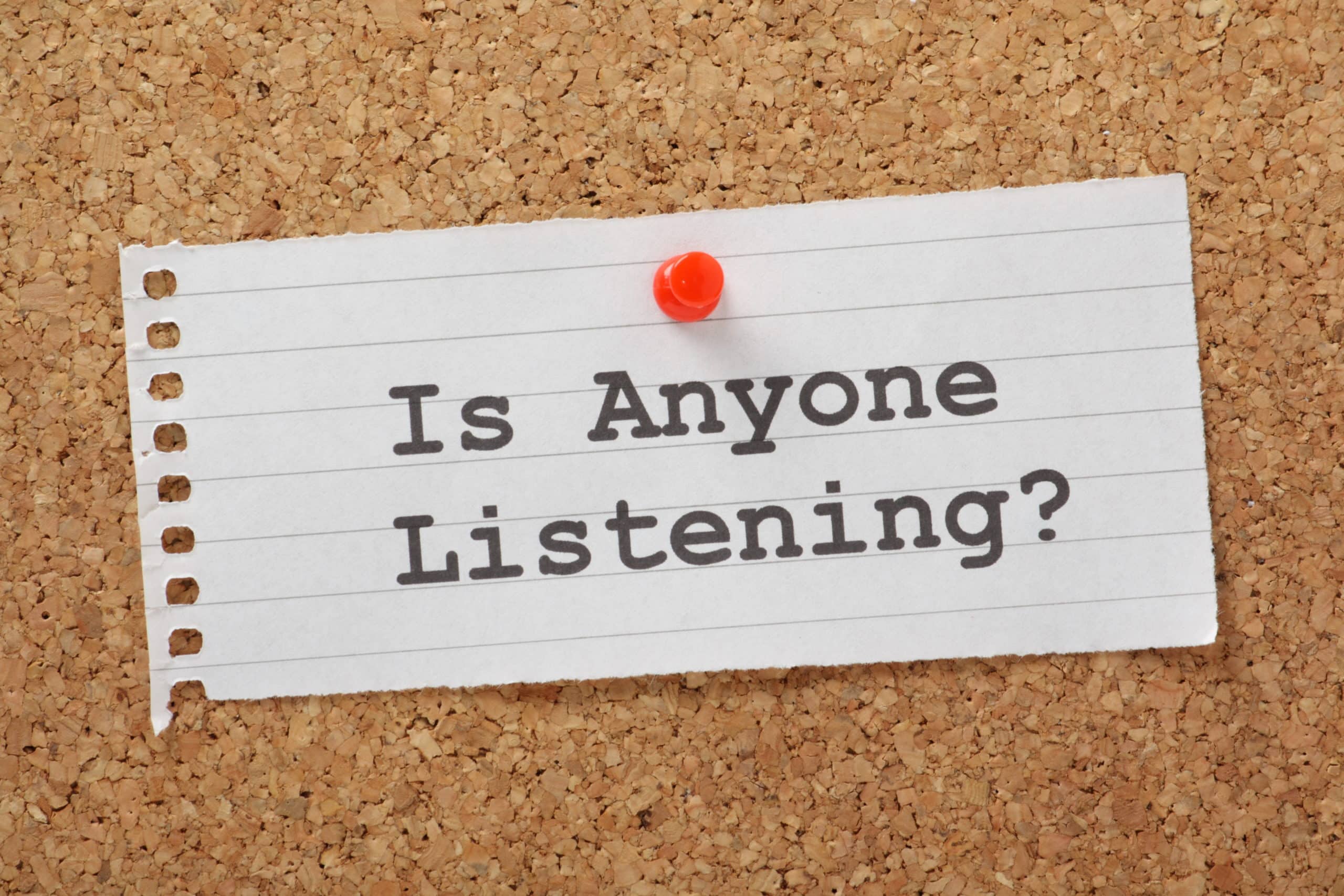




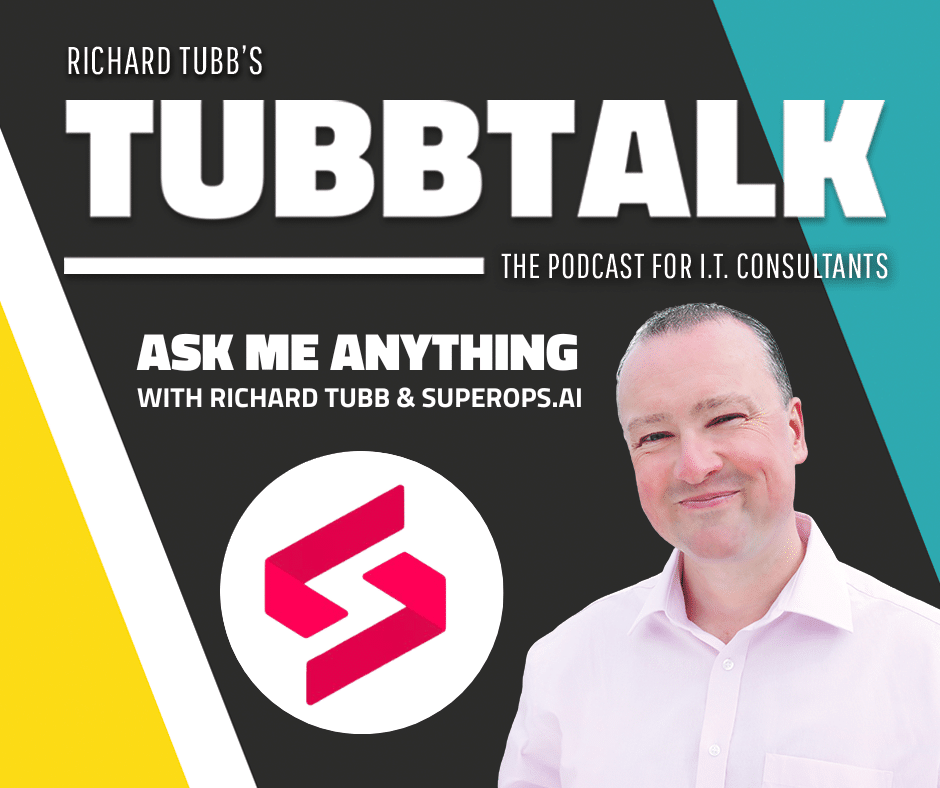
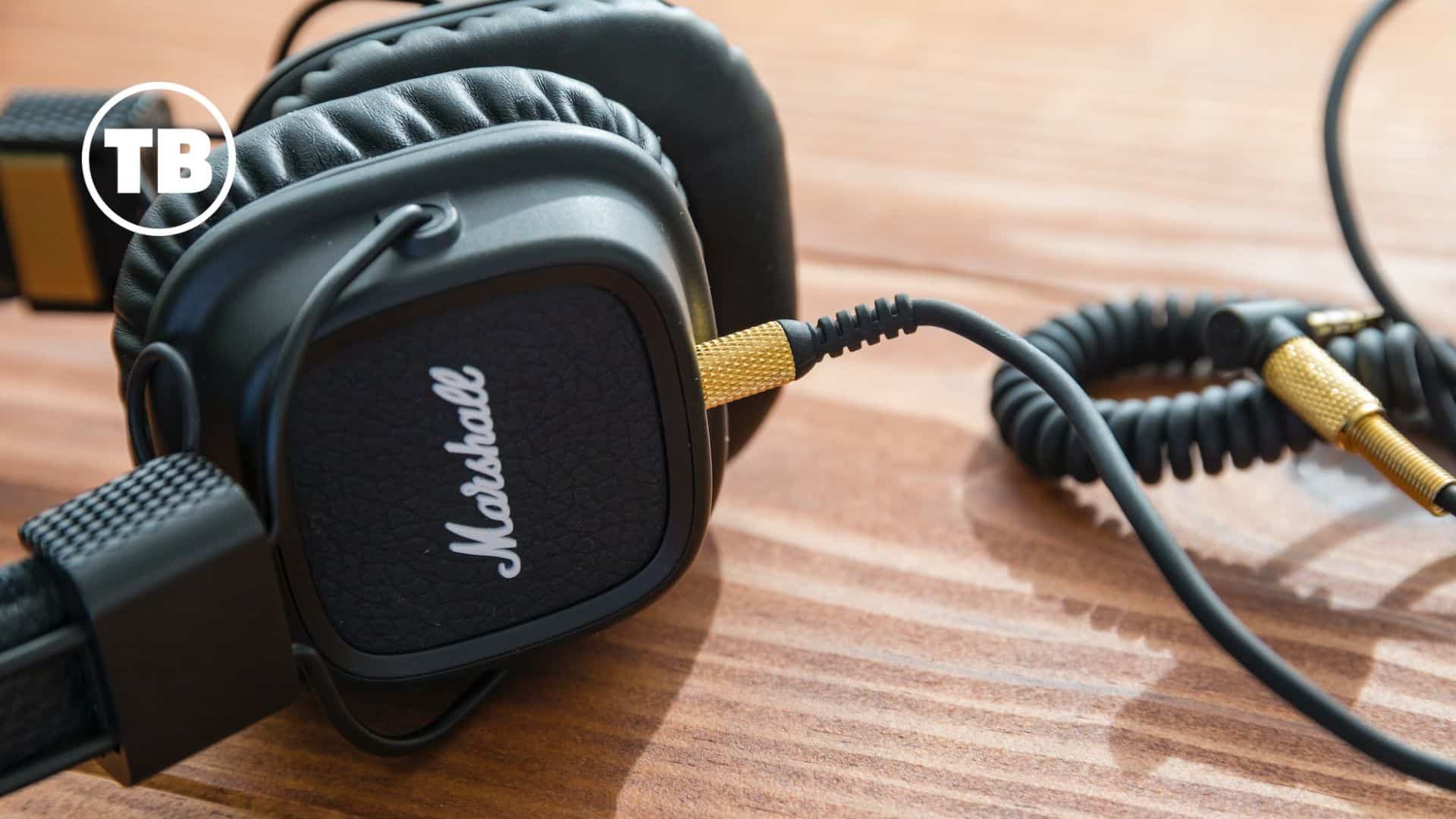

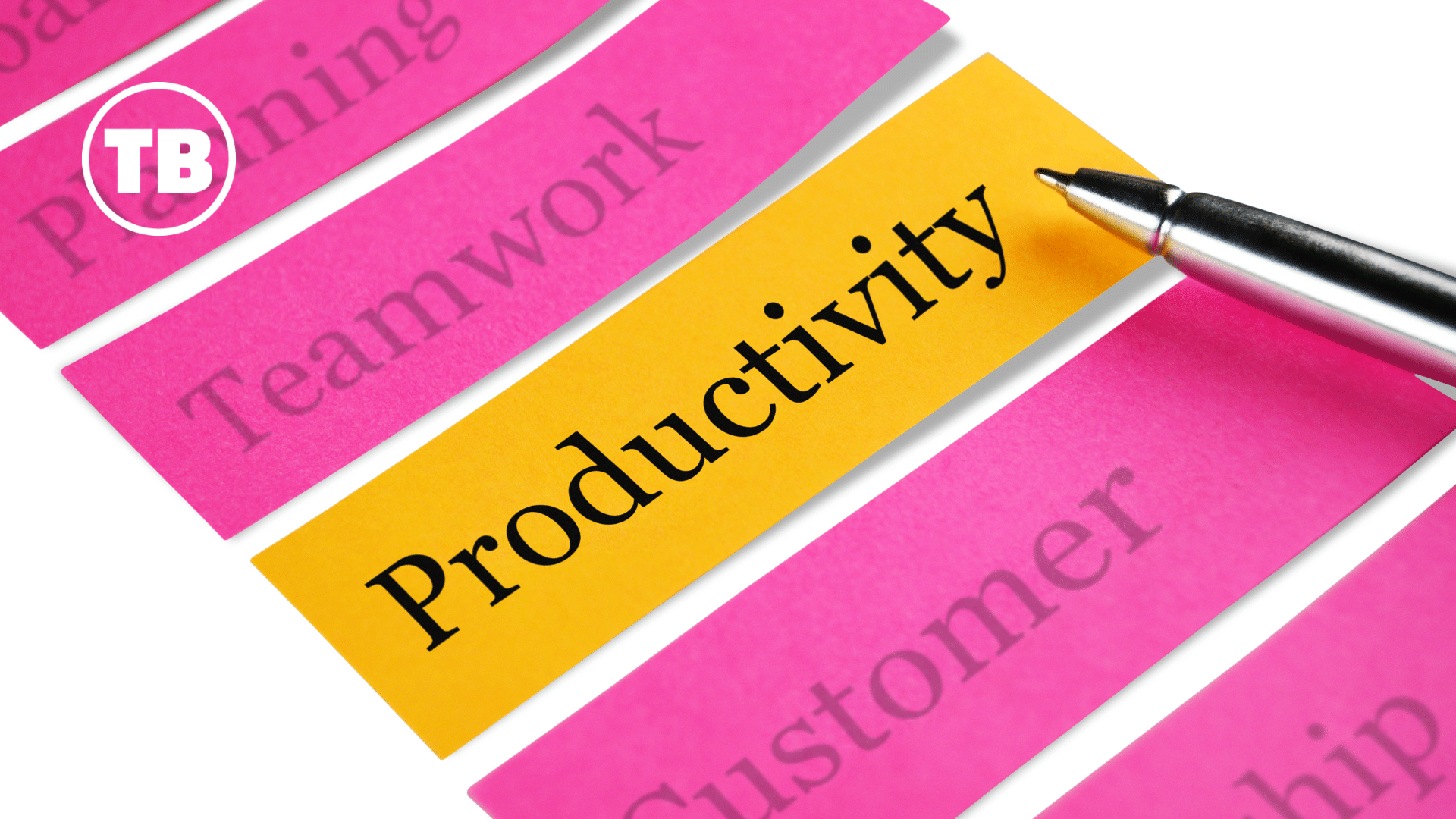





Comments